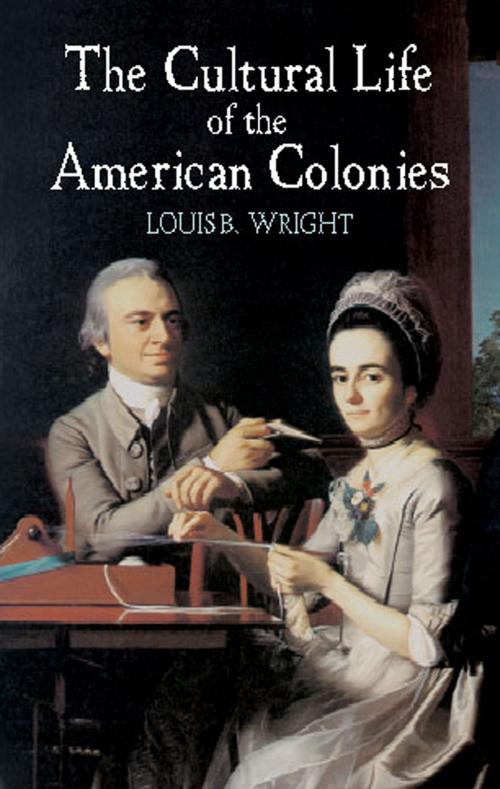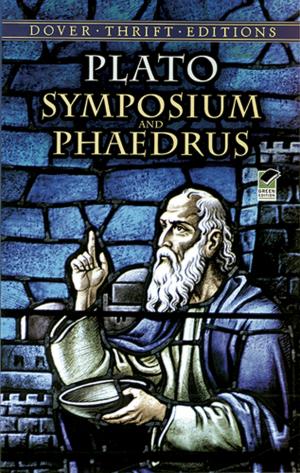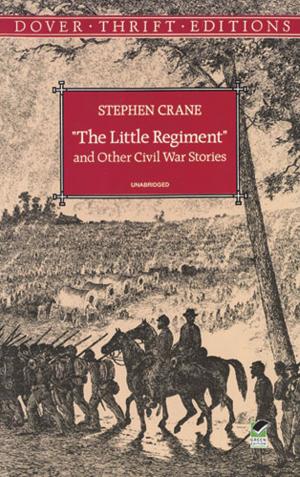| Author: | Louis B. Wright | ISBN: | 9780486136608 |
| Publisher: | Dover Publications | Publication: | April 30, 2012 |
| Imprint: | Dover Publications | Language: | English |
| Author: | Louis B. Wright |
| ISBN: | 9780486136608 |
| Publisher: | Dover Publications |
| Publication: | April 30, 2012 |
| Imprint: | Dover Publications |
| Language: | English |
Authoritative and perceptive, this sweeping survey covers 150 years of cultural evolution in colonial America, from 1607 to 1763. Developments in religion, literature, education, and social thought receive a thorough analysis, enlivened by a blend of wit and panache that captures all the excitement of forming a new civilization.
Written by a distinguished scholar and educator who served as director of the Folger Shakespeare Library and specialized in the colonial era, this volume addresses a broad array of topics: the region's agrarian society and leadership; influence of non-English elements; variety of religions and zeal for education; reading habits and the desire for learning; literary production in the North and South; drama, music, and other diversions; architecture and the decorative arts; scientific interests and observations; and many other fascinating subjects.
"A significant contribution to early American history that will be appreciated alike by the amateur and the professional." — American History Review.
Authoritative and perceptive, this sweeping survey covers 150 years of cultural evolution in colonial America, from 1607 to 1763. Developments in religion, literature, education, and social thought receive a thorough analysis, enlivened by a blend of wit and panache that captures all the excitement of forming a new civilization.
Written by a distinguished scholar and educator who served as director of the Folger Shakespeare Library and specialized in the colonial era, this volume addresses a broad array of topics: the region's agrarian society and leadership; influence of non-English elements; variety of religions and zeal for education; reading habits and the desire for learning; literary production in the North and South; drama, music, and other diversions; architecture and the decorative arts; scientific interests and observations; and many other fascinating subjects.
"A significant contribution to early American history that will be appreciated alike by the amateur and the professional." — American History Review.















